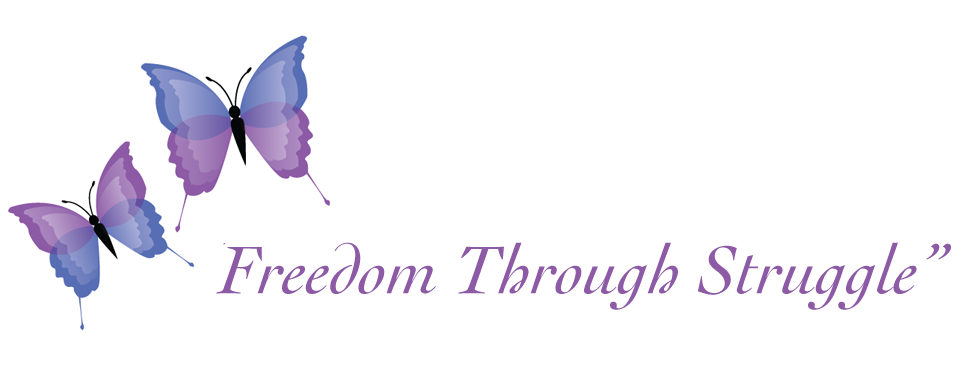Finding Comfort for our Distress
When we are in distress we need comfort. Hopefully we have people who care about us with whom we can share our pain and receive the emotional and physical support and comfort that it so crucial. There has been so much grief and loss over the last year – some of it has felt and still feels unbearable and excruciating. We may have pushed our distress down, consciously or unconsciously, so that we can manage our day-to-day tasks. Yet the distress is there, perhaps manifesting in physical symptoms such as tense muscles, upset stomachs, stress, headaches, anxiety, being short-tempered, fatigue, sleeping badly or having nightmares and more. Our body is crying out to be noticed and attended to.
It may be that you are alone or don’t have people that you feel you can talk to for fear of ‘being a burden’ or that they won’t understand or accuse you of ‘attention seeking.’ Perhaps an already difficult relationship has deteriorated and you are not sure what to do.
Physical Disconnection due to the Pandemic – People need People
It may be that we are physically separated from loved ones thus exacerbating our distress. We may not be able to name our feelings other than to describe them as a sense of ‘not feeling okay’ and bewilderment as to why this might be.
Sometimes if we are cut off from loved ones we may internalise our distress as a coping strategy. The pandemic has certainly had an impact on all of us as we have made many adjustments over the last year or so. As we begin to think about connecting again I wonder what it might feel like. We may feel excited or perhaps we may feel anxious – how will we cope with being with people again?
Healthy Emotional Connection is Crucial – Our Emotions are important for ourselves and our relationships
Perhaps our pain is so much that we numb it with alcohol or drugs in an effort to escape the reality of our circumstances and environment. This may work temporarily but may leave us with further difficulties.
What has comforted us in the past? – Might this help now?
We may have forgotten what has brought us comfort in the past. This could include speaking with friends and family, drawing, exercising, journaling, getting enough rest, knowing when we just need some quiet and when we need to reach out. Being self-compassionate makes a big difference rather than berating ourselves for ‘not coping.’
What stops us asking for help?
Perhaps we feel a sense of shame that we need help, particularly if we are seen as someone who is ‘always happy’ and ‘strong.’ Sometimes we may feel that if we start talking we will fall apart and not be able to ‘put ourselves back together again.’ Perhaps professionally we are supporting other people and have a sense that we must ‘just carry on.’ These expectations may be put on us by other people or we may put them on ourselves or perhaps a combination of both.
At work we may fear being judged or seen as ‘weak’ if we acknowledge that we are struggling. It may be that there is not sufficient support at work so we don’t know what to do.
Being self aware is so important – what might it be like if we were to take a moment in a quiet place, take some deep breaths (try in for 4 with your focus on your breath and a long slow breath out for 7) and ask ourselves ‘how am I?’ followed by ‘how am I really?’ Then ask yourself – ‘What do I need? followed by ‘What do I need right now?’ Meeting that need in the present moment will make a difference as you consider what else you need to do to get support and comfort. If you need professional support do reach out – don’t suffer in silence.

